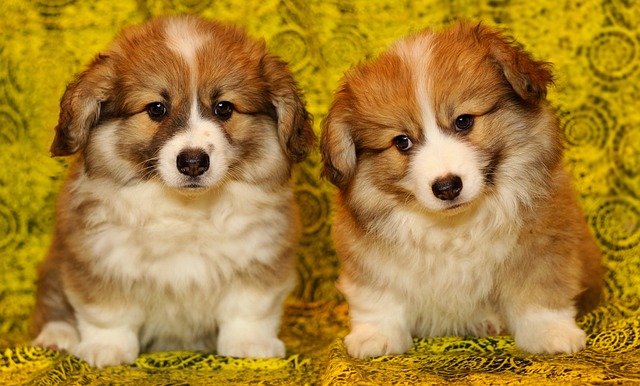
Do food toppers work for dogs
You’re standing in your kitchen, watching your dog sniff at their bowl of dry kibble with zero enthusiasm. Sound familiar?
In our lives, Huskies are like energetic elves, bringing us endless joy and surprises with their unique appearance, lively personality, and occasional "silly" behavior. Their bright and deep eyes seem to hide countless interesting ideas; That thick and gorgeous fur shone with a charming luster in the sunlight. Every day, watching Huskies running around happily at home or interacting intimately with us fills my heart with warmth and happiness. However, as the owners of Huskies, we bear the responsibility of safeguarding their health, and understanding the food they cannot eat is crucial. Because if we are not careful, those seemingly ordinary foods may cause serious harm to our Husky babies.
Chocolate, a beloved delicacy by humans, is a deadly poison for Huskies. Chocolate contains chemicals such as theobromine and caffeine, which Husky's body cannot metabolize effectively like humans. These substances will gradually accumulate in the body of Huskies, causing a series of dangerous side effects. Dark chocolate has a higher concentration of theobromine, which makes it more toxic to Huskies. When Huskies accidentally consume chocolate, the initial symptoms of toxicity typically manifest within 6 to 12 hours, including drooling, wheezing, unbearable thirst, frequent urination, stomach discomfort, vomiting, and diarrhea. In severe cases, the toxicity of chocolate can also cause arrhythmia, weakened blood circulation, and decreased body temperature in Huskies. Extreme symptoms can even include seizures, falling into a coma, and sometimes even taking away their precious lives.
Onions, a common vegetable, also pose great harm to Huskies. Onions contain a toxic substance that can dissolve red blood cells, which can easily cause symptoms such as hematuria or anemia when ingested by Huskies. At first, it may only manifest as a lack of energy and decreased appetite. As the poisoning worsens, Huskies may experience symptoms such as rapid breathing and increased heart rate. Long term or excessive consumption of onions can even pose a threat to the life of Huskies.
Grapes and raisins, seemingly ordinary fruits and dried fruits, are "forbidden zones" for Husky. Although the specific reasons are not yet fully understood, numerous cases have shown that grapes and raisins can cause Siberian abdominal pain, diarrhea, vomiting, and even kidney dysfunction. Husky's kidneys are relatively sensitive, and certain components in grapes and raisins may cause damage to their kidney cells, affecting normal kidney function. Once there is a problem with the kidneys, the entire metabolism of Husky's body will be affected, and the health condition will take a sharp turn for the worse. So, when we enjoy grapes or raisins, we must be careful not to let curious huskies come over to "taste", and the fruit platter at home should also be placed out of their reach.
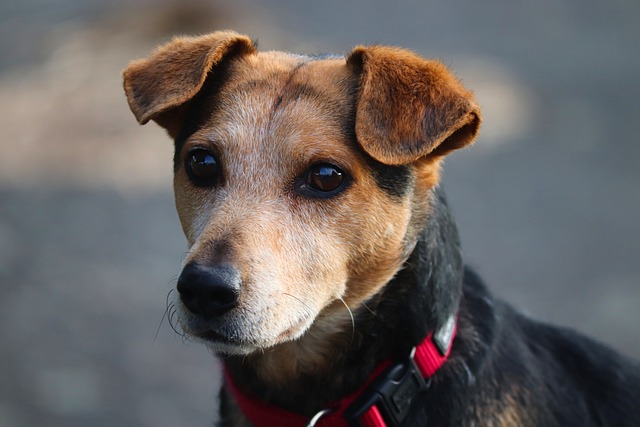
Nut based foods such as peanuts and macadamia nuts are also not suitable for Huskies to consume. Although the specific reasons are unknown, nut based foods contain toxins that may damage Huskies' motor organs, causing muscle pain, swelling, and affecting their normal mobility. Huskies are already lively and active, enjoying running and jumping. If their athletic ability is affected by accidentally eating nuts, it will undoubtedly be a huge torment for them. Moreover, nuts have a hard texture, and if not thoroughly chewed, it may cause choking or scratching of the esophagus, intestines, and stomach. Therefore, for the health of Huskies, it is better not to include nut based foods in their "recipes".
Crabs, shrimp and other crustaceans are also not suitable for Huskies. This type of food contains sulforaphane, which can damage the vitamin B1 in the Husky's body, leading to symptoms such as vomiting and diarrhea. Huskies have a relatively fragile digestive system and limited ability to digest and adapt to food. The sulforaphanes in crustacean food can disrupt their nutritional balance and affect their normal metabolism. Moreover, the shells of crabs and shrimp are hard, and Huskies may accidentally get stuck in the throat or scratch the mouth, esophagus, and intestines when consumed. Therefore, for the gastrointestinal health and safety of Huskies, crustacean food should still be avoided from feeding.
In addition to the above-mentioned foods, some stimulating spices such as ginger, curry powder, chili, etc. are also not suitable for Huskies to eat. These spices are too irritating to the gastrointestinal tract of Husky, which can easily cause symptoms such as gastrointestinal discomfort, vomiting, and diarrhea. Huskies have a sensitive digestive system and require mild and easily digestible foods to nourish them. Stimulating spices can disrupt the normal environment of their digestive system and affect their digestive function.
Huskies bring unparalleled joy to our lives with their passion, liveliness, and unique personality. They are our closest friends in life and an indispensable member of the family. In order for them to accompany us for a long time and grow up healthy and happy, we must always pay attention to their diet. It is our duty as owners to understand and remember the foods that Huskies cannot eat, and to isolate these dangerous foods from their daily lives. Every time we choose and prepare food for them, it is a manifestation of our deep love for them. Let us use this love to build a strong defense for the healthy life of Huskies, accompany them through one beautiful time after another, and create more warm and unforgettable memories.

You’re standing in your kitchen, watching your dog sniff at their bowl of dry kibble with zero enthusiasm. Sound familiar?
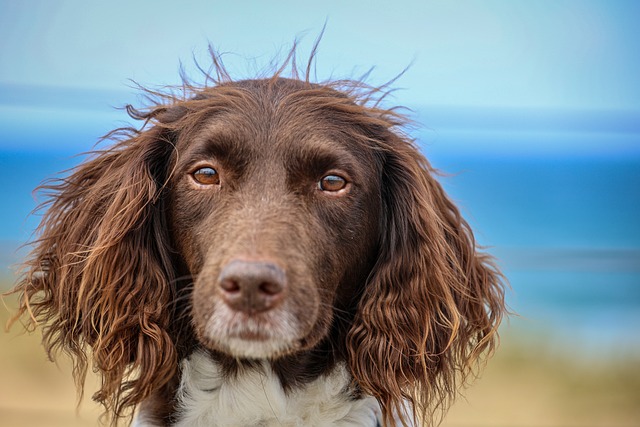
Spotting the first signs of your dog’s pregnancy feels like discovering a secret little miracle. But it’s not always obvious—unlike humans, dogs don’t have missed periods.
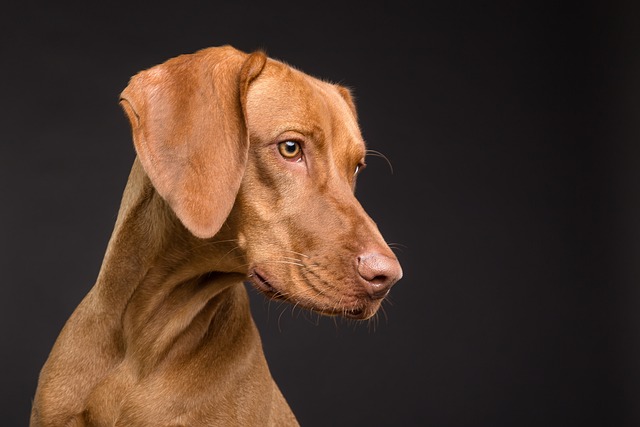
Wondering how soon you can tell if your dog is pregnant?The anticipation of new furry arrivals is both exciting and nerve-wracking.
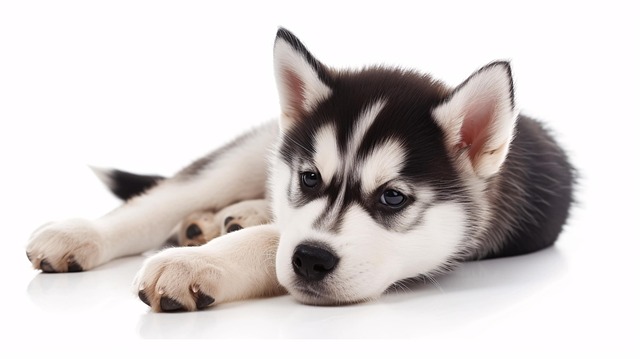
Walking into your living room to find a flurry of fur on your couch, carpets, and even your clothes can be frustrating.
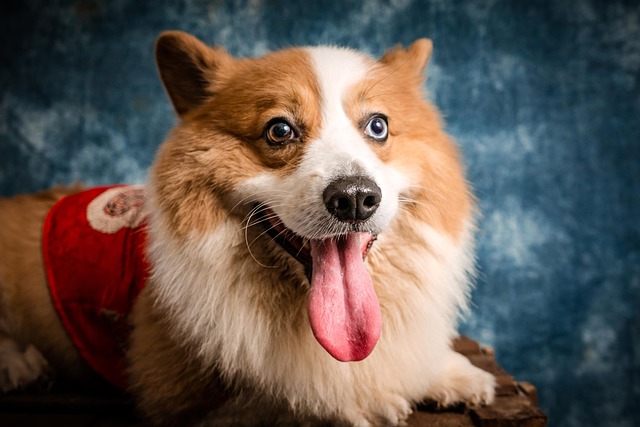
Picture this cozy scene: You’re finishing your morning cereal in your Chicago apartment, and your Labrador gives you that look – head tilted, eyes begging for the leftover milk.
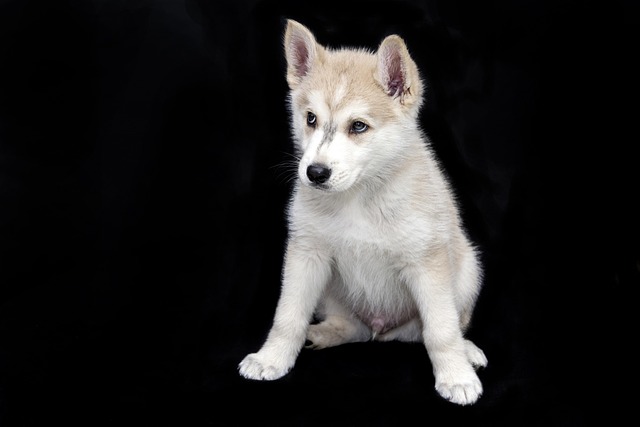
Keeping your puppy’s teeth sparkling isn't just about a fresh-smelling kiss—it’s crucial for preventing painful dental issues down the road.